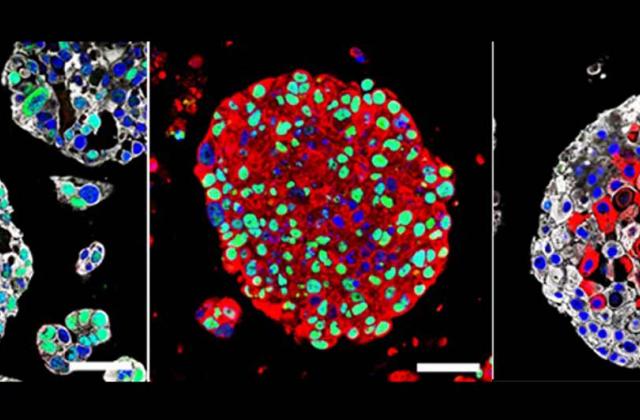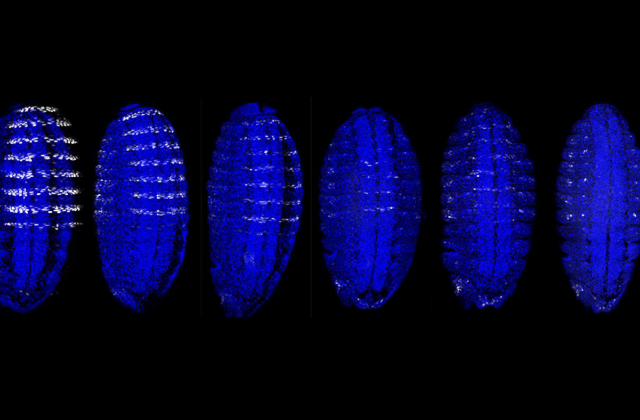Can genomic testing help us better treat kidney disease?

The underlying cause of kidney failure is often unknown. Now, a study co-authored by Ali Gharavi, chief of nephrology at Columbia’s Vagelos College of Physicians and Surgeons, has found that genes cause about 1 in 10 cases of chronic kidney disease in adults, paving the way for more effective treatments.
The researchers sequenced the DNA of 3,315 individuals with chronic or end-stage kidney disease—and for 8.5 percent of these individuals, there was no identified cause of their disease. They found that nine percent of the kidney disorders were caused by genes, that 1 in 5 subjects with a genetic form of the disease had been previously misdiagnosed, and that DNA testing identified a cause for 17 percent of those who were unable to be diagnosed using conventional clinical means.
These results had a direct impact on clinical care for nearly 85 percent of those with genetic diagnoses. Gharavi also noted that information derived from DNA testing also changed the clinical strategy for several patients, since genetic diagnoses help clinicians better understand potential treatment complications.
“Our study identifies chronic kidney disease as the most common adult disease, outside of cancer, for which genomic testing has been demonstrated as clinically essential,” said David Goldstein, director of Columbia University’s Institute for Genomic Medicine and a co-senior author of the study. Learn more.
Make Your Commitment Today




